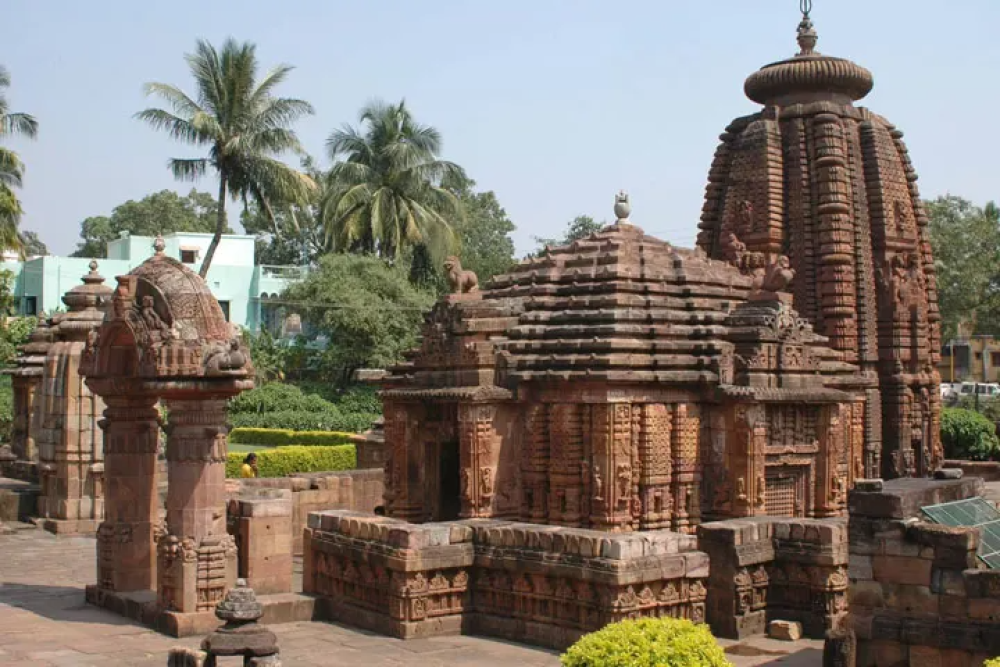

Nestled in the scenic landscapes of Silchar in Assam, India, Bhuban Temple stands as a testimony to the region's rich cultural past and religious fervor. Dedicated to Lord Shiva, the temple is a revered site for Hindu pilgrims. It draws visitors not only for its spiritual significance but also for the captivating beauty of the surrounding Bhuban Hills.
The history of Bhuban Temple is shrouded in local lore and legends. According to mythological accounts, the temple was built by a king of the Kachari dynasty, which had a prosperous and culturally rich reign in the northeast part of India. The exact date of its construction is uncertain, but it is believed to date back several centuries, becoming a pivotal location for Shaivism in the region.
Tourism at Bhuban Temple has been largely influenced by its religious significance. For years, the temple has been an important pilgrimage site, attracting devotees from various parts of the country, particularly during the festival of Mahashivaratri, which sees the temple and its surroundings come to life with celebrations and rituals.
Over the years, the tourism dynamic has shifted slightly, with more travelers seeking to explore the cultural heritage and natural beauty of the places they visit. This has led to an increase in footfall, not just for religious reasons but for the experience of the tranquil environment and the historical significance of the location.
Eco-Tourism: With travelers becoming more environmentally conscious, there has been a growing trend towards eco-tourism in and around Bhuban Temple. This aligns with preserving the pristine nature of the Bhuban Hills and promoting sustainability.
Cultural Tourism: The recent focus on cultural tourism has driven a newfound interest in the temple's historical backdrop. This entails the exploration of local traditions, attending cultural festivals, and engaging with the history and mythology associated with the temple.
Adventure Tourism: The rugged terrain and the lush forests of the Bhuban Hills offer ample opportunities for trekking, hiking, and other adventure activities, attracting a new wave of tourists looking for an adrenaline rush combined with their spiritual and cultural quests.
The government and local authorities have taken steps to ensure the protection and maintenance of Bhuban Temple and its environs. Efforts towards the development of infrastructure without compromising the ecological balance have been key to promoting sustainable tourism in Silchar.
Several initiatives to improve connectivity with better roads, enhanced facilities for tourists, and information centers have made the temple more accessible while preserving its sanctity and antiquity.